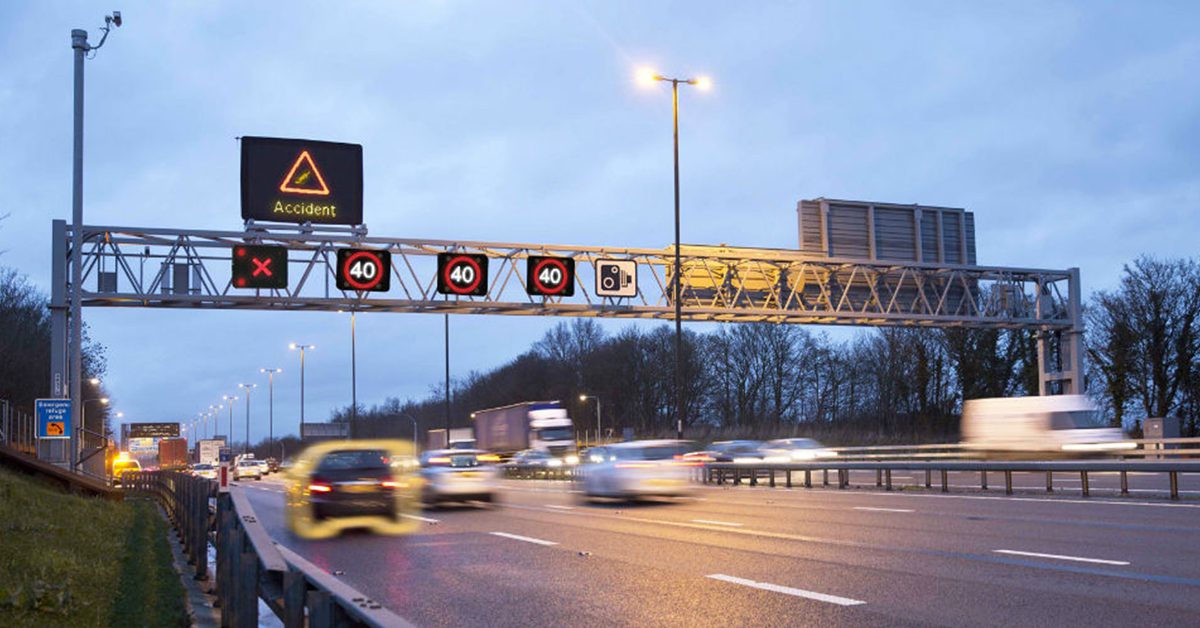UK Government holds off on building more “smart motorways” until safety is assessed
Critics claim the lack of hard shoulders on long stretches of the UK’s motorway network have led to excess deaths, so more research will be carried out
Critics claim the lack of hard shoulders on long stretches of the UK’s motorway network have led to excess deaths, so more research will be carried out

For several years concerns have been circulating about the safety of all-lanes running “smart motorways” due to statistics suggesting that they may have led to increased fatalities. However, due to the relatively short length of time that these motorways have been operating, it’s been suggested there may be a lack of adequate data to draw that conclusion.
There are three different types of “smart motorway”, theoretically designed to ease congestion and improve the flow of traffic. They are controlled by overhead gantries giving drivers instructions, and feature speed cameras to detect drivers not adhering to the variable limits.
Red X signs show when lanes have been closed, for instance ahead of a hazard, and drivers must immediately avoid driving in those lanes. The controversy stems from the perceived risks to drivers who need to pull over in an emergency, and don’t find a refuge area nearby. They may be forced to stop in fast-moving traffic, causing a serious hazard to other drivers. Not having a hard shoulder also restricts the ability of emergency services to reach the scene of an incident.
According to government figures obtained by Panorama in 2020, 38 people were killed on smart motorways between 2014 and 2019.
Figures quoted by the Commons’ Transport Committee show that the number of deaths on motorways without a hard shoulder rose from 5 in 2017 to 15 in 2019. But the size of the network also increased.
Recent RAC research found that a clear majority of drivers were in favour of scrapping smart motorways altogether and reintroducing the hard shoulder. However, hard shoulders themselves are dangerous – 1 in 12 accidents on motorways occur there.
Given the amount of adverse publicity that smart motorways have received over recent years, it’s encouraging to know that the government has accepted the findings of a House of Commons Transport Committee report published last year. MPs said they were “not convinced” that the benefits of all-lane running motorways were enough to justify the safety risks of permanently removing the hard shoulder.
Schemes that are already underway will still be completed, and existing stretches of all-lane running motorways will remain unchanged. However, £390m of public funds will be provided for more refuge areas and technology to detect stopped vehicles.
There will be a five year pause on the rollout of any new smart motorways beyond those that already being created, allowing for further collection of vital data, and an assessment of risks to road users.
BizSpace
Linford Forum
18 Rockingham Drive
Milton Keynes
Buckinghamshire
MK14 6LY
What3words reference:
Make an enquiry:
Company No. 05174302
VAT No. 844 5092 22

 Tips to keep your pets safe on St Valentine’s Day
Tips to keep your pets safe on St Valentine’s Day